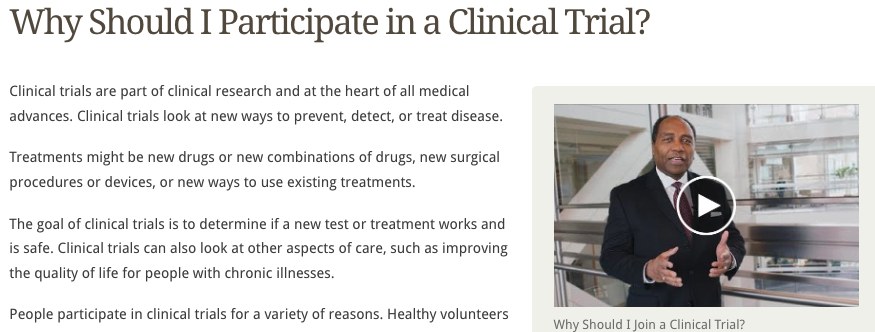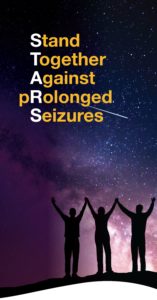Clinical Trials in LGS
What is a Clinical Trial?
Clinical trials and research studies are done to scientifically evaluate a medical or surgical intervention. They are the primary way that researchers find out if a new treatment, like a new drug, diet, surgery, or medical device, is safe and effective in reducing seizures in those with LGS.
Without volunteers, these studies cannot exist and we would not be able to find new treatments for LGS and seizures. Families who participate in clinical trials and/or research studies are on the cutting edge of helping us to find better treatments and cures. The reason we have treatments for LGS today is due to the fact that LGS families participated in past trials. We are forever grateful for their contribution.
What are the Phases of a Clinical Trial?
Research is our best hope for advancing treatments and eventually finding a cure for LGS and associated epilepsies. Research is not just the responsibility of scientists and doctors. It is important that patients participate to whatever extent they are able.
Patients can participate in research in several ways, including 1) sharing their information with scientists through patient registries so researchers can understand how LGS affects individuals; and 2) volunteering for clinical studies or trials to help doctors understand how treatments affect patients.
Clinical studies seek to answer questions such as:
- Does this investigational drug or treatment work?
- Does it work better than another treatment already available?
- Does it cause any side effects?
- Are there any other benefits that could improve patient quality of life?
Since 2011, thanks to community engagement and study participation, 7 new medications have received approval from the FDA for the treatment of LGS.
Should I participate in a Clinical trial?
Learn more here on things to consider before you participate in a trial
What Clinical Trials & Research Studies are Happening in LGS?
The Lighthouse Study
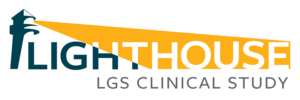 The Lighthouse Study is evaluating an investigational medication (Ganaxolone) to help manage seizures in children and young adults (aged 1–21) with Lennox-Gastaut Syndrome (LGS). This Phase 3 clinical trial is currently enrolling participants across multiple U.S. sites.
The Lighthouse Study is evaluating an investigational medication (Ganaxolone) to help manage seizures in children and young adults (aged 1–21) with Lennox-Gastaut Syndrome (LGS). This Phase 3 clinical trial is currently enrolling participants across multiple U.S. sites.
The DEEp Ocean Study
![]() A clinical study to potentially help reduce the number of seizures in children and adults with Developmental and Epileptic Encephalopathy (DEE), a severe form of epilepsy that affects learning and development. Lennox-Gastaut Syndrome (LGS) is one example of a DEE, but many other diagnoses fall within this spectrum.
A clinical study to potentially help reduce the number of seizures in children and adults with Developmental and Epileptic Encephalopathy (DEE), a severe form of epilepsy that affects learning and development. Lennox-Gastaut Syndrome (LGS) is one example of a DEE, but many other diagnoses fall within this spectrum.
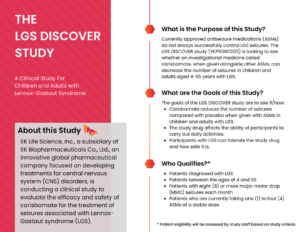 The LGS DISCOVER Study
The LGS DISCOVER Study
The LGS DISCOVER study (YKP509C003) is looking to see whether an investigational medicine called carisbamate can decrease the number of seizures in children and adults aged 4-55 years with LGS when given alongside antiseizure medications (ASMs).
STARS Phase 3 Staccato Alprazolam Study
The STARS Phase 3 Staccato Alprazolam Study is designed for people who experience prolonged epileptic seizures lasting more than 3 minutes. It tests an inhaler containing an investigational drug to see whether it could help people who experience prolonged epileptic seizures.
No Longer Recruiting:
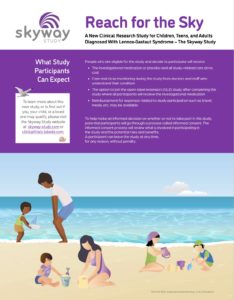 This anti-seizure medicine slows down the activation of the enzyme cholesterol 24-hydroxylase (CH24H). It has the potential to reduce seizure susceptibility and improve seizure control. It is currently in phase 3 studies for those with LGS.
This anti-seizure medicine slows down the activation of the enzyme cholesterol 24-hydroxylase (CH24H). It has the potential to reduce seizure susceptibility and improve seizure control. It is currently in phase 3 studies for those with LGS.
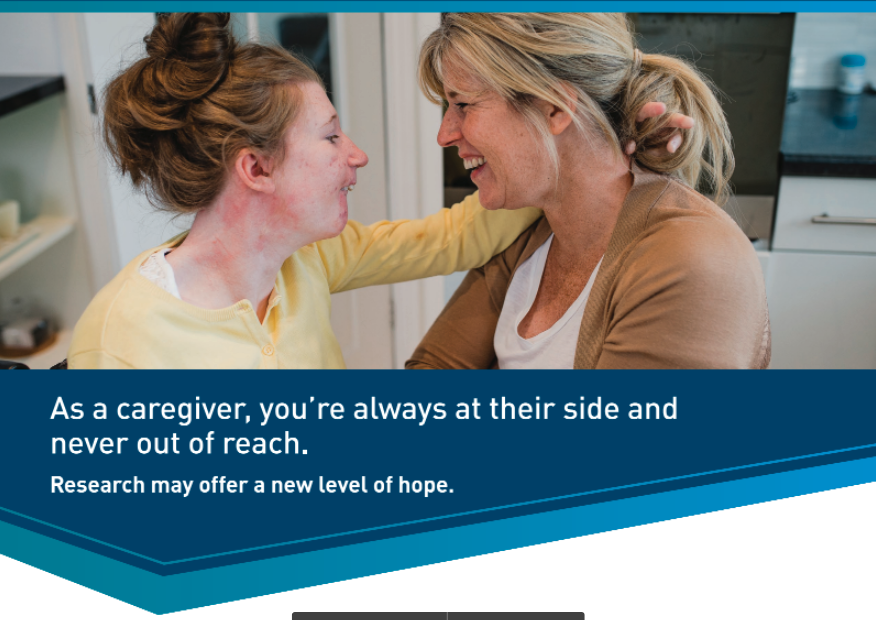 The PACIFIC Study is a Phase 1b/2a clinical study for adult participants with DEEs. This study will assess the safety & tolerability of LP352. Importantly, the PACIFIC study is also designed to examine changes in seizure frequency over the treatment period.
The PACIFIC Study is a Phase 1b/2a clinical study for adult participants with DEEs. This study will assess the safety & tolerability of LP352. Importantly, the PACIFIC study is also designed to examine changes in seizure frequency over the treatment period.
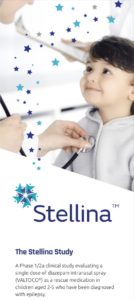 The Stellina Study is a Phase 1/2a clinical study evaluating a single dose of diazepam nasal spray (VALTOCO) as a rescue medication in children aged 2-5 who have been diagnosed with epilepsy. The objectives of the study are to assess the pharmacokinetics (PK) of diazepam after one intranasal dose of VALTOCO as well as assess the long-term safety and tolerability in the six-month open-label safety period.
The Stellina Study is a Phase 1/2a clinical study evaluating a single dose of diazepam nasal spray (VALTOCO) as a rescue medication in children aged 2-5 who have been diagnosed with epilepsy. The objectives of the study are to assess the pharmacokinetics (PK) of diazepam after one intranasal dose of VALTOCO as well as assess the long-term safety and tolerability in the six-month open-label safety period.
 The Jazz Piccolo Study is investigating the safety and effectiveness of cannabidiol (or CBD oral solution) in infants (2 years of age and younger) with Tuberous Sclerosis Complex (TSC), Lennox-Gastaut Syndrome (LGS) or Dravet Syndrome (DS) who experience inadequately controlled seizures.
The Jazz Piccolo Study is investigating the safety and effectiveness of cannabidiol (or CBD oral solution) in infants (2 years of age and younger) with Tuberous Sclerosis Complex (TSC), Lennox-Gastaut Syndrome (LGS) or Dravet Syndrome (DS) who experience inadequately controlled seizures.
 In this study, the research team is comparing outcomes among children with LGS who receive medicine or surgery. The team is comparing healthcare use, behavior, and physical function between children.
In this study, the research team is comparing outcomes among children with LGS who receive medicine or surgery. The team is comparing healthcare use, behavior, and physical function between children.
Learn More about Clinical Trials
![]() For more information about clinical trials, visit NIH, ClinicalTrials.gov.
For more information about clinical trials, visit NIH, ClinicalTrials.gov.
Interested in sharing clinical trial information? View our Clinical Trial Partners Guidelines here.
Updated 04/16/25 (KK)

